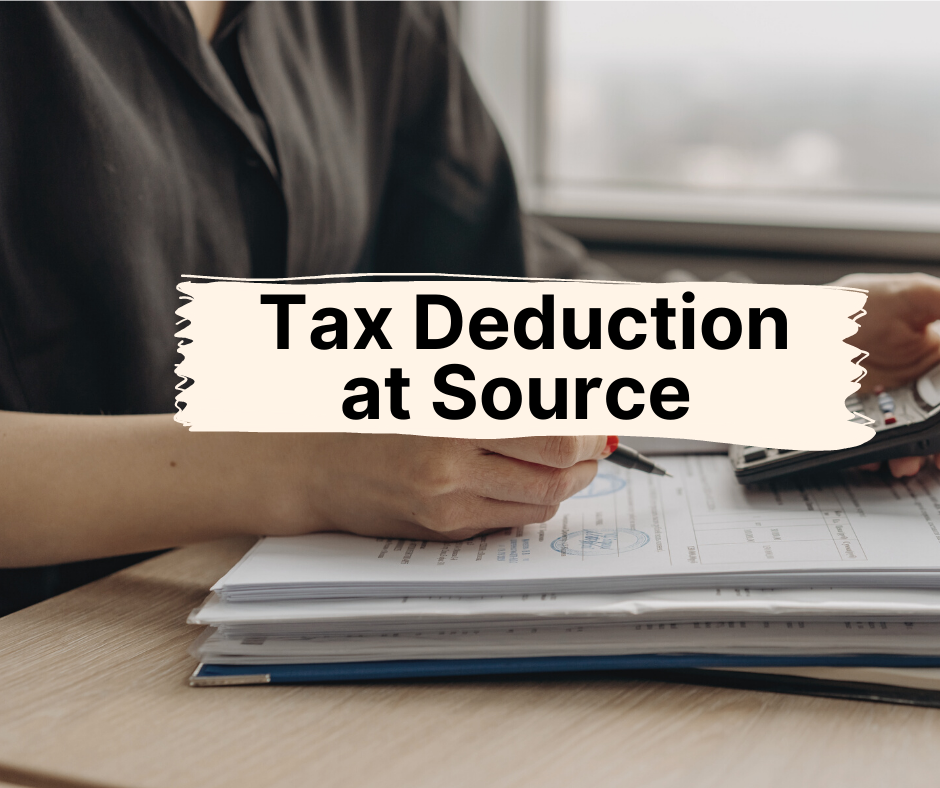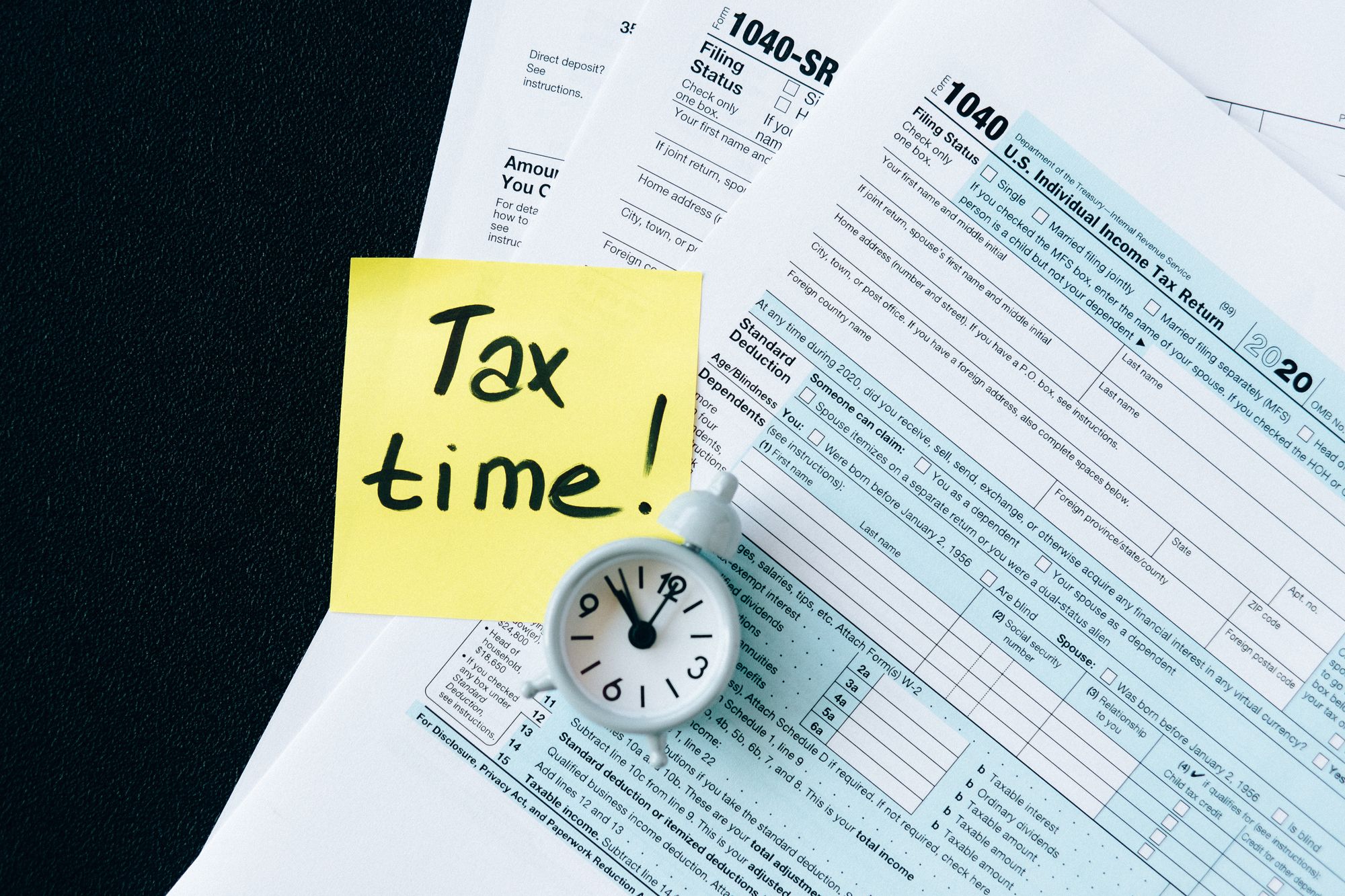In India, the Products and Services Tax (GST) currently applies to the majority of goods and services, including automobiles. Furthermore, GST on automobiles in India is levied at five different rates: 5%, 12%, 18%, and 28%.
Note that: 28 percent is the most applicable GST rate on cars. And, it applies to all automobiles, including personal and commercial vehicles.

To understand GST on cars and automobiles thoroughly, we have compiled this comprehensive guide. We’ll cover:
- What is GST on Car?
- Impact of GST on Automobile Industry
- GST Calculation on Cars
- What is the Value of Supply to Compute GST and Cess on Cars?
- Is differential Tax Rate Applicable to cars?
- What is the GST Rate with HSN Code on Cars?
- Exemptions under GST for Cars
- Input tax Credit on Motor Vehicles
- How does GST impact car prices and their benefits, Issues?
- GST compensation cess on cars
- Commercial vehicles (GST)
- Used cars (GST)
- Electric Vehicles (GST)
What is GST on Car?
There are certain criteria that determine the GST on automobiles. Following is the list of most important factors. It includes:
- Fuel Type
- Classification
- Usage
Let's take a closer look at the tables below to learn more about the car GST rates based on various aspects.
Based on category (GST on car)
Based on fuel type (GST on car)
Impact of GST on Automobile Industry
Following is the list of pointers that will impact the automobile industry and its elements:
Manufacturer:
By absorbing prior taxes, the GST on a car has decreased the overall cost of production. As a result of this tax policy, producers tend to benefit greatly. Moreover, it improves the supply chain mechanism and makes it possible for them to obtain vehicle parts at a lower cost.
Dealer and Importer:
Both dealers and importers gain from the GST system since it allows them to claim an input tax credit. However, it was previously unavailable under the earlier taxing system.
Moreover, the excise paid on stock transfers is covered by IGST. However, the advance received against the supply of goods is taxed according to GST rules.
For more than a year, the automobile industry has been in trouble. There are certain factors involved for the same. It includes the economic recession, liquidity crisis, inflation, and much more. Eventually, all these factors have had a detrimental impact on the industry's domestic sales.
Consumer:
Customers formerly had to pay both excise and VAT on the purchase price of bicycles and automobiles. Further, the total rate used to be between 26.5 percent and 44 percent on average.
However, the rates and levies charged on automobiles have decreased after the advent of the GST regime. Nevertheless, it has now been narrowed down to a range of 18% to 28%. This allows customers to save money by paying a lower tax rate on their purchases.
GST Calculation on Cars
The final sale price is calculated using the GST rate on a car in a given category with a specific fuel type and engine capacity.
For example:
The XYZ car is priced between Rs.6.49 lakh and Rs.8.3 lakh and is subject to automobile GST rates. In addition, the car will be subject to any cess and other fees.
What is the Value of Supply to Compute GST and Cess on Cars?
Check the following important pointers:
1. Value of Supply:
The value of supply defines the capital that the seller gathers from the buyers in exchange for the sale of services and goods.
GST is charged on the transaction value in the event of related parties. The value at which unrelated parties would transact in the normal course of business is known as transaction value.
For example:
2. Discounts in regular business practice:
A discount in the sale price provided by a dealer before or at the time of supply. It is further shown that the invoice is removed from the value of the supply. You must note that GST must be paid on such discounts if they are not reflected in the invoice.
3. Post-supply discounts:
Only if the following requirements are met are post-supply discounts allowed as a deduction from taxable value:
- The discount should be a direct result of a contract with the clients.
- An agreement like this should be signed either before or during the delivery of goods.
- The consumer should reverse the ITC.
- The discount should be tied to the appropriate supply invoice that was issued by the taxable person at the time of the goods supplied.
4. Insurance, Registration, and other Reimbursements:
A dealer collects various sums like insurance, registration fees, credit card swipe fees, and so on. Amounts obtained as an agent will be exempt from GST. However, if he collects amounts in excess of the real costs incurred, GST will be applied to the total.
Is Differential Tax Rate Applicable to Cars?
According to Notification 37/2017 Central Tax, leasing of cars purchased and leased before July 1, 2017, will be subject to GST at a rate of 65 percent of the applicable GST rate. Moreover, it also includes Compensation Cess at the time of sale.
What is the GST Rate with HSN Code on Cars?
The GST rate on cars is determined by a number of factors, including the type of fuel used, the length of the vehicle, and the engine size.
Depending on the engine capacity:
Exemptions under GST for Cars
The difference between the selling price and the purchase price of a used car is taxed by used car sellers. It aids in the elimination of taxation's cascading effect.
Furthermore, dealers do not have to pay GST on the car if the transaction margin is negative. Besides, the government has removed the GST exemption on the purchase of used vehicles from an unregistered seller.
Car dealers' services and warranties, for example, are charged under the GST scheme. Ultimately, this tax system places a greater emphasis on consumption, ensuring the motor industry's growth and viability.
Input tax Credit on Motor Vehicles
Section 17(5) refers to ‘blocked credit,’ which prevents ITC on certain automobiles. Moreover, ITC is not applied on automobile vehicles that have a seating capacity of less than or equal to 13 passengers. It also includes drivers. When vehicles are utilized for the following purposes, ITC is available:
An employer providing a car to an employee for business use:
ITC can be claimed on motor vehicles used for business purposes under section 17(5), clauses (a), and (aa). ITC cannot be claimed if the car is given to the employee for personal use.
ITC on demo cars (at showrooms):
The usual rule is that the ITC of motor vehicles with a seating capacity of fewer than 13 people is disallowed under section 17 of the Motor Vehicles Act (5). In the case of car dealers, however, the demo car is not purchased with the goal of being sold at retail.
As a result, it can be considered as a capital asset, allowing for a complete ITC claim.
ITC on car rentals for business or employee transportation:
All registered people can claim ITC on goods or services used in the conduct or furtherance of business, according to section 16(1).
In addition, ITC is applicable on the leasing/renting of motor vehicles with a seating capacity of more than 13 people, as per revised section 17 of the Internal Revenue Code (5).
Note that: In this above-mentioned situation, an employer can only claim ITC on the GST charged by the service provider for renting motor vehicles if the allowed seating capacity exceeds 13 people.
Passenger Transportation:
If a person is in the passenger transportation industry and purchases vehicles or cabs, he can claim ITC on the vehicle purchase.
How does GST impact car prices and their benefits, Issues?
When compared to VAT, the overall tax rates on cars have decreased under GST. Besides, car prices have decreased as a result of this. GST levies taxes on the consumer state rather than the source state, boosting the motor industry.
Benefits:
GST compensation cess on cars
In addition to the GST on cars, a compensating cess is imposed at the time of vehicle sales.
After taking into account the applicable compensating cess and GST*, the following table shows the applicable tax rates on automobiles for private use:
GST on commercial vehicles
The GST rate on commercial vehicles normally ranges from 12 percent to 28 percent. It includes those used to transport passengers, commodities, or for agricultural purposes,.
The following are some of the most common scenarios in which a 12 percent GST is applicable:
- Tractors, with the exception of road tractors, for semi-trailers with engines larger than 1800cc.
- Self-loading/self-unloading trailers for agricultural applications
The following are some major examples of where the 18 percent GST on cars and other vehicles is applicable:
- Buses for public transportation run entirely on biofuels.
- Vehicles that have been refrigerated.
- Crane lorries, breakdown lorries, concrete-mixer lorries, and other special-purpose vehicles are examples.
- Self-propelled work trucks without handling/lifting equipment are often used at airports, docks, factories, warehouses, and other locations to deliver items over short distances.
- Various tractor parts, such as gearbox assemblies, axles, brake assemblies, bumpers, clutch assemblies, radiator assemblies, and so on.
The 28 percent GST rate for cars and other commercial vehicles applies in the following situations:
- Road tractors with engines larger than 1800cc for semi-trailers.
- Vehicles capable of transporting ten or more persons (excluding biofuel-powered public transport buses).
- A vehicle used to convey commodities (excluding refrigerated motor vehicles).
- Parts and accessories for a variety of vehicles (excluding various tractor parts).
GST on used Cars
Basically, used cars were subject to the same GST and compensation cess rates as new vehicles. However, in order to encourage the used automobile industry, the rates were later reduced.
Smaller pre-owned automobiles, such as petrol cars with engine capacities of up to 1200cc and diesel cars with engine capacities of up to 1500cc, are currently subject to a 12 percent surcharge. Moreover, the GST rate for second hand cars with engines larger than 1200cc for petrol and 1500cc for diesel cars has been increased to 18%.
While lower GST rates than the previous 28 percent have certainly aided, the most notable adjustment has been the revision of compensation cess rates.
After the implementation of GST on car (pre-owned) sales in India, the following is a representative list of taxes that apply to used car purchases in India:
GST on Electric Vehicles
Previously, the GST rate on electric cars (EVs) and their major accessories, such as EV chargers and EV charging stations, was 18%. However, at the 36th GST Council meeting on July 27, 2019, the GST rate on electric vehicles was cut to 5%.
Furthermore, EV chargers and charging stations will be subject to the same 5% GST rate, as announced at the same meeting. It's worth noting that the 5% GST rate will apply to all-electric vehicles, regardless of whether they're for personal or business usage.
Key Takeaways
We have summarised the crucial points of this comprehensive guide. Let’s learn:
- The most applicable GST rate on cars is 28%.
- The final sale price is calculated using the GST rate on a car in a given category with a specific fuel type and engine capacity.
- The GST rate on cars is determined by a number of factors, including the type of fuel used, the length of the vehicle, and the engine size.
- When compared to VAT, the overall tax rates on cars have decreased under GST.
- The difference between the selling price and the purchase price of a used car is taxed by used car sellers.
- GST rate on commercial vehicles normally ranges from 12 percent to 28 percent.
Related Articles











